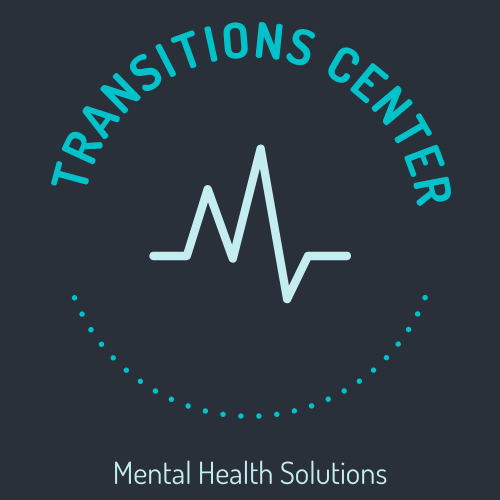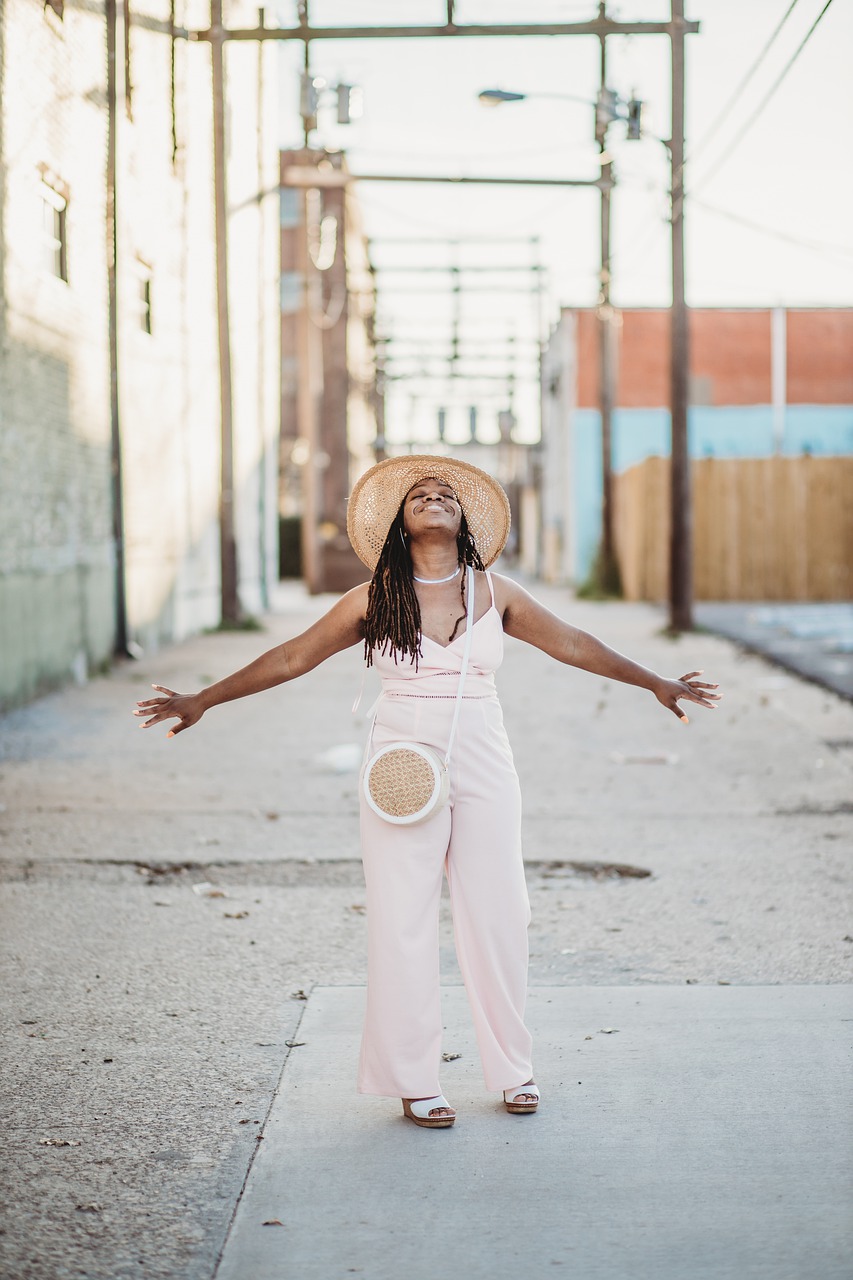One of the most strong emotions is fear. It has a major impact on both your mind and body. When we are in danger, such as if we are trapped in a fire or are being attacked, fear will cause us to respond with strong signals. Exams, public speaking, a new career, a date, or even a party are all examples of non-dangerous activities that can cause it. It’s a normal reaction to a hazard, which may be perceived or actual.
Anxiety is a term we use to describe a variety of fears, most of which are related to the possibility of a danger or something going wrong in the future rather than right now. Even if you can’t put your finger on why, it can be a daily, long-term problem. Some people experience anxiety all of the time, without any specific cause.
Fear can be triggered by a variety of things in daily life, and it’s not always easy to figure out why you’re afraid or how likely you are to be hurt. Even if you recognize how out of proportion a fear is, the emotional brain continues to send danger signals to your body. When dealing with anxiety, it’s often necessary to use both mental and physical methods.
How Can You Get Rid of Anxiety?
- Be present in the moment.
Since you can’t change the future or borrow a time machine to change the past, consider this: Take the day as it comes. That isn’t to suggest that you can’t be proactive and prevent problems. However, don’t dwell too much on what was and what will be that you become anxious. Mindfulness and meditation are based on staying in the present moment and have been shown to help people cope with anxiety.
- It’s OK to Say “NO”
If you’re doing errands for others, picking up their kids from school, or listening to their issues, you’ll have little resources left over to take care of your own affairs if you invest most of your time helping others. This isn’t to suggest you shouldn’t support others; rather, be aware of your limits and don’t be afraid to say “no” when necessary.
- Shout it out.
One method of coping with anxiety is to speak with a close friend. Screaming at the top of your lungs, though, is much better than talking. You were probably advised as a child not to yell and to use your “inside voice.” You should, however, develop your own limits as an adult. So, whether you’re frustrated or anxious, let it out. This does not imply instilling fear in others so that they become agitated like you. We’re talking about a safe and controlled way to express emotions.
- Get fit.
When your mind is racing, exercise is likely the last thing you like doing. You may be concerned about post-workout discomfort and the inability to walk or sit for two days. Alternatively, your mind might go to the worst-case scenario, and you worry about overworking yourself and getting a heart attack. Exercise, on the other hand, is one of the most excellent alternative anxiety relievers. Physical exercise boosts endorphins and serotonin levels, making you feel happier. And when you’re feeling better on the inside, it shows in your overall outlook.
- Reduce the amount of Caffeine
Reduce your coffee consumption to one or two normal-sized cups a day, rather than four. Caffeine stimulates the nervous system, resulting in an increase in energy levels. This nervous energy, however, can cause an anxiety attack when under duress.
- Meals should not be skipped
Missing meals can exacerbate anxiety. When you don’t eat, your blood sugar drops, causing cortisol, a stress hormone, to be released. Cortisol can help you work better under pressure, but if you’re still anxious, it can make things worse. Increase your intake of lean proteins, fruits, vegetables, and healthy fats. Throughout the day, eat five or six small meals. Sugar and processed carbohydrates should be avoided.
- Get enough rest.
Chronic sleep deprivation leaves you vulnerable to anxiety, regardless of whether you have insomnia, intentionally restrict your sleep, or are a self-proclaimed night owl. Get eight to nine hours of sleep every night to do yourself (and those around you) a favor. Create a bedtime routine that includes reading a book or doing something enjoyable before retiring for the night. The more prepared you are to get a decent night’s sleep, the better the quality of your sleep will be, which will lead to a better morning.
About the Authors
Transitions Center for Natural Mental Health Treatments for a variety of physical and mental dependency issues and conditions. Substance use disorders are difficult to understand for many people. The physical and mental aspects of any substance disorder are complicated and unique to the individual suffering. The differences between physical and psychological dependency vary but have some similarities. Transitions Center for Natural Mental Health Treatments help the public know what to look for as a means of helping a loved one cope with the challenges of mental health disorders.
Special thanks to Mary Jane’s CBD Dispensary one of the top cbd online stores. We’re so glad you found our site. You can find your way back to the blog anytime by clicking on our logo at the top of any page or using our site map for a complete list of pages and their associated content. If you want to stay connected with Mary Jane’s CBD Dispensary, we would love it if you could check out their site today! And don’t forget about Facebook and Twitter too – both are great ways to keep in touch with what’s happening at MJCD. Until next time!

